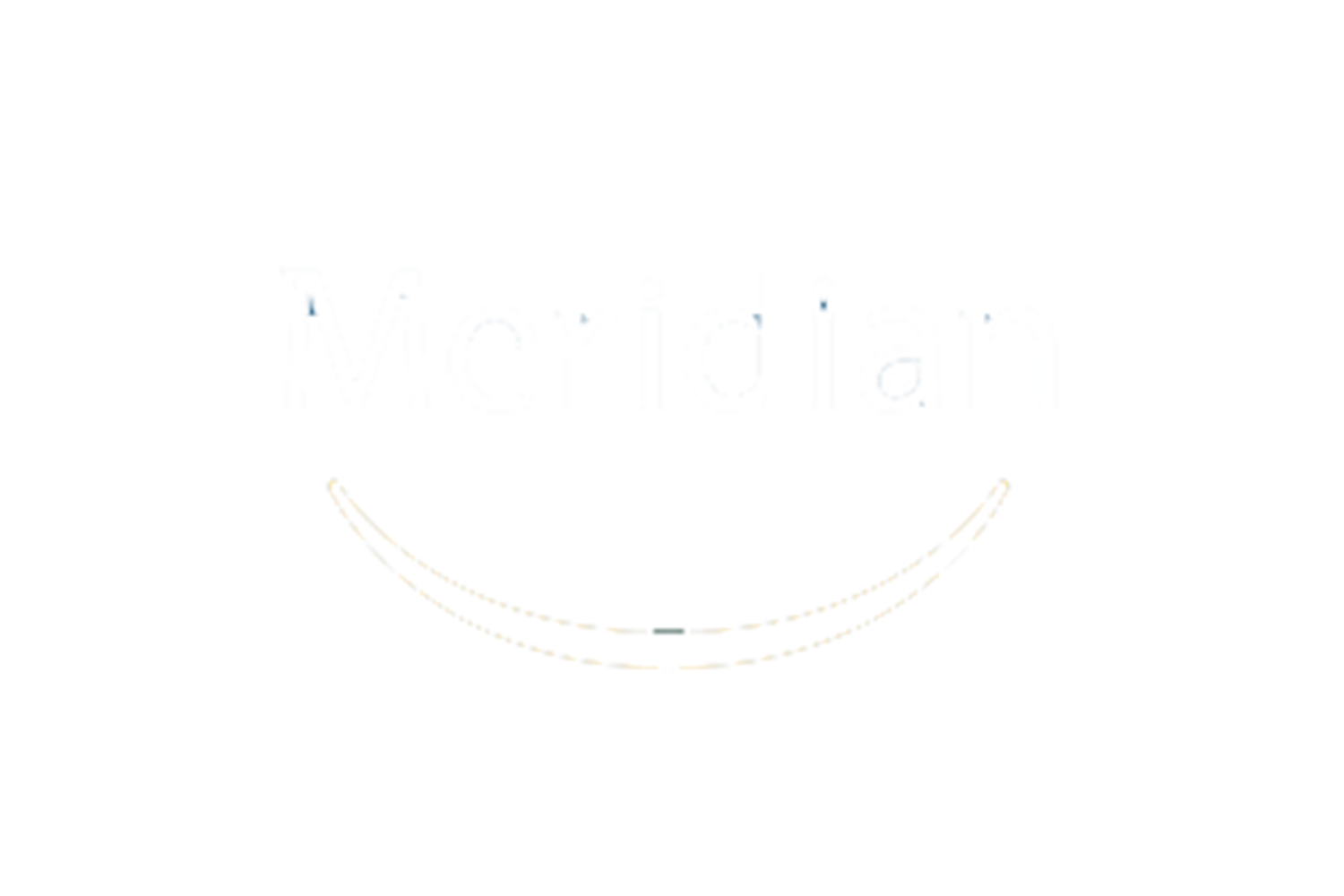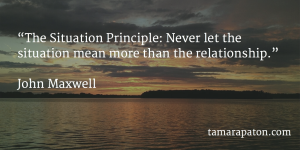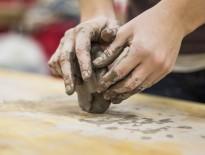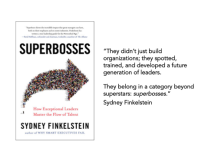

I’m pleased to report that the current class of Boardroom Blueprint participants is closing in on the final module of the program. They have worked tirelessly, watching course videos, completing assignments, and contributing to our weekly coaching calls. Each time they rehearse the delivery of their board offer or strengthen their LinkedIn profile, they are taking steps towards the board career that they deserve.
I’ve been working right alongside them and I have to admit that I’m ready to cross the finish line. The hard work of self-discovery and supporting others is no cake walk. And in a moment of irresponsibility last week, I did something reckless. I set aside my to-do list and watched the final episode of Downton Abbey. Every minute was delightful, in part because it had been so long since I did something so mindlessly relaxing. Something so easy.
The experience was a powerful reminder that progress is not a result of endless, unfailing effort without rest. Athletes build muscle in their sleep, not while lifting heavy weight. Our journey to the boardroom also benefits from a balance of challenging effort and intentional ease.
Over time, practices surrounding renewal, readiness and relationships can sustain, not stagnate, our momentum. Incorporating a handful of seemingly effortless habits into your daily routine will enable progress now and well into the future.
Renewal
In Arianna Huffington’s experience, “performance is actually improved when our lives include time for renewal, wisdom, wonder and giving.” This can be as simple as getting a good night’s sleep or adopting a meditation practice. A McKinsey consultant recently wrote about how daily meditation allows him to observe more and react less. The resulting awareness directs his energy to only those situations that truly require his involvement, freeing up 10 to 20 percent of his productive time.
We can also renew by investing a few minutes a day in our field of knowledge. Fuelled by the wonder of Google Alerts, my mornings begin with a review of recent events and thought leadership in governance, retail, and fintech. Van Gogh once observed that “great things are done by a series of small things brought together.” The 15 minutes I spend renewing the news each day add up over time to strengthen my contributions to boardroom discussions.
Readiness
When it comes to showing up as a professional, being ready is a no brainer. We don’t have to be the smartest one in a room to be the best prepared. And when so much of our work life remains outside our control, why not seize opportunities that lie squarely within our reach?
In a boardroom context, this means reading the board materials once through and circling back for more focused study of key reports. After setting the reading aside for a day, I return with fresh eyes to knit various pieces together into a coherent story. With this preparation in hand, it’s easy to stand out as a committed director who advances board discussion and asks insightful questions with confidence.
Relationships
The third video in my free training series explores what I call my Contact 5 practice, a daily habit of reaching out to five people with whom I wouldn’t otherwise speak. When I connect with someone, I might check in on their business and family. Perhaps I’ll share an article that might interest them or wish them well on their birthday. The exchange can take place via phone, email or even a comment on social media.
I never call asking for a favour. The conversation may reveal a way that I can be helpful and I’m happy to do a 5-minute favour. Consistent action will make this pay off over time. Five contacts on 20 workdays equates to 100 people in a month. If you work through your list every 3 months, that’s 300 fresh connections, many of which are probably cold today. Before long, you will develop a reputation for being the kind of person who makes someone’s day easier.
Before you brush aside the easy, notice how tempting it is to deal with life’s urgent demands. Resist the draw to your concrete and challenging to-do list, and observe opportunities to allocate time and energy to revitalization, preparation, and your connection to others. By incorporating ease into our routines, we’ll build a richer base of support and renew our resources.
Question: What simple, yet powerful, habits are part of your daily routine? How do you recognize the value of ease in your life and work? Please share your response via Twitter, LinkedIn or e-mail.
Thank you for reading! If you found this post useful, please click the “like” button on LinkedIn and/or share it with others in your network. Doing so helps my work reach others and would mean so much to me.


